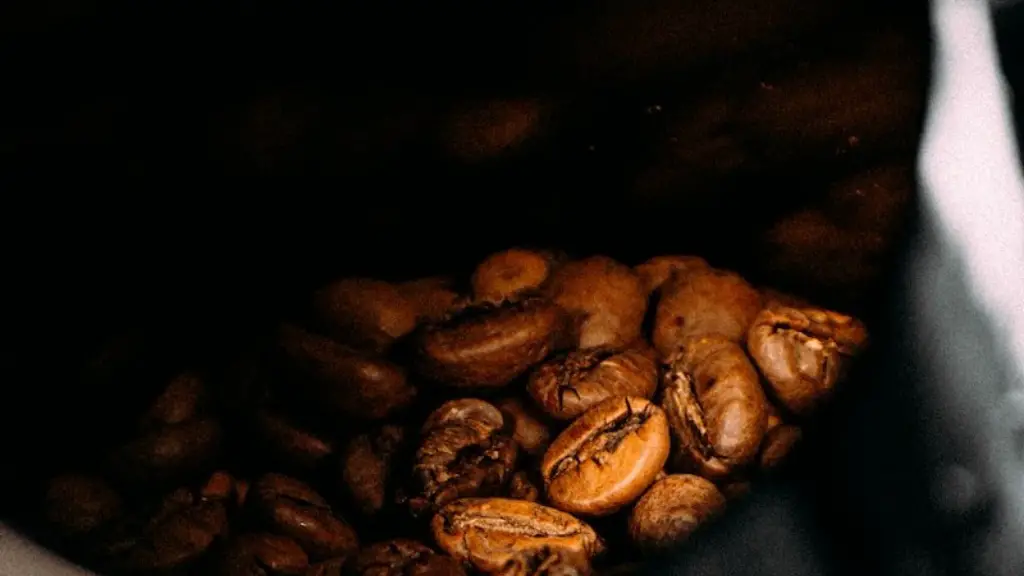Coffee is the most popular drink in many parts of the world. People who drink coffee regularly often experience weight loss. But can you actually lose weight just by drinking coffee? The answer is yes – drinking coffee can help you lose weight, but there are some things to be aware of before embarking on this path.
First, it’s important to know that coffee is not a miracle cure. While it can help you lose weight, you can’t just drink coffee and eat whatever you want and expect to lose weight. In order to achieve any meaningful weight loss, it’s essential to combine coffee with a balanced diet and exercise.
That said, coffee does have some weight loss benefits. Firstly, it contains caffeine which is a natural stimulant. Caffeine has been shown to boost metabolism, helping you burn more calories throughout the day. This can lead to weight loss, even without changing your diet.
In addition, some research suggests that coffee can have a positive effect on appetite. Caffeine has been shown to suppress appetite and delay stomach emptying. This can help you feel full for longer, making it easier to stick to a healthy diet.
Finally, coffee can help you increase your energy levels, making it easier to keep up with your exercise routine. Regular exercise is essential for weight loss and can be more enjoyable when you are energised.
So, how much weight can you lose drinking coffee? The amount of weight you lose will depend on a range of factors, including your diet, exercise routine, and how much coffee you drink. In general, drinking coffee as part of a healthy lifestyle can help you lose a few pounds over a sustained period of time.It is advisable to consult with your doctor or a dietitian before embarking on this path.
Other benefits of Coffee
One of the most popular reasons why people drink coffee is for its energy boosting properties. Coffee is known for its ability to help keep us energised and alert. This is largely down to its caffeine content, which stimulates the brain and increases alertness. Caffeine also boosts the production of hormones like dopamine and serotonin. These hormones give us a feeling of happiness and well-being.
Research also suggests that coffee can be beneficial for your physical health. A moderate intake of coffee is linked to a lower risk of various diseases, such as type 2 diabetes. It is also linked to a reduced risk of certain types of cancer.
Finally, coffee can improve cognitive performance. Studies have shown that coffee can improve alertness, attention span and reaction time. This can be beneficial for students and those in demanding jobs.
Limiting Factors
Although there are many health benefits associated with coffee, it is important to note that there can be some downsides. The caffeine content in coffee can cause side effects such as headaches and jitters. It can also lead to feelings of anxiety and restlessness.
It is also important to note that excessive consumption of coffee can lead to health problems. High doses of caffeine can cause insomnia, heart palpitations and even dehydration. It is recommended to drink no more than four cups of coffee per day.
Coffee Brewing Tips
Brewing the perfect cup of coffee is not as simple as it may seem. The process involves a range of variables, such as grind size, water temperature and filter type. The type of coffee you choose also has an effect on the taste. For example, Arabica and Robusta beans have very different flavours.
Moreover, there are various approaches to brewing coffee. Different methods result in different flavours, from delicate to bold. Common methods of brewing include pour over, chemex, French press and cold brew coffee. Each method has its own pros and cons, so it is worth experimenting to find the one that suits your taste.
Healthy Alternatives
If you love the taste of coffee but want to avoid the caffeine and sugar, there are plenty of healthy alternatives. Unsweetened black coffee is a good option if you want to keep it simple. If you’re looking for a sweet treat, you could try adding coconut or almond milk, a natural sweetener or a sprinkle of cinnamon.
Another option is decaffeinated coffee. Decaf coffee still contains some caffeine, but it is much lower than regular coffee. It is important to note that decaf coffee still contains beneficial antioxidants and other compounds that are found in regular coffee.
Finally, herbal coffee is a great option if you’re looking for a caffeine-free alternative. Herbal coffee is made with roasted herbs and spices, including roasted dandelion root, chicory root and carob root. It has a similar taste to coffee without the caffeine or acidity.
Take-Away Message
Overall, drinking coffee can be beneficial for weight loss. It can help boost metabolism, increase energy levels, and suppress appetite. However, it is important to remember that coffee should be consumed as part of a healthy diet and exercise routine. Too much caffeine can lead to unwanted side effects and health problems. Try experimenting with different types of coffee, such as decaf and herbal, to find the best option for your taste.




